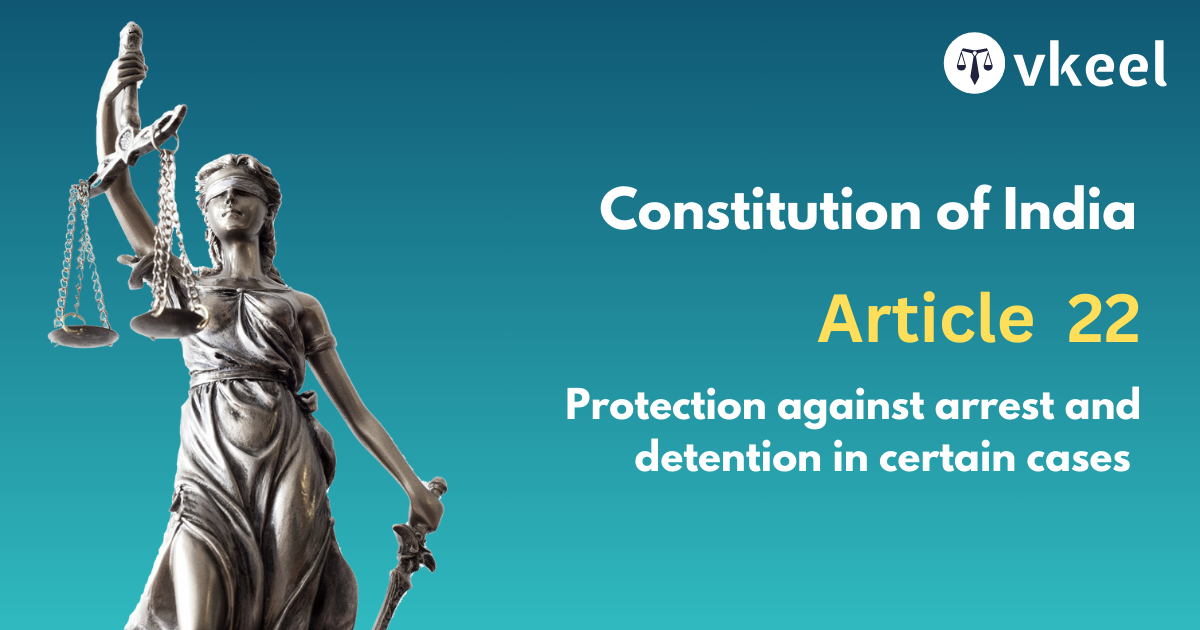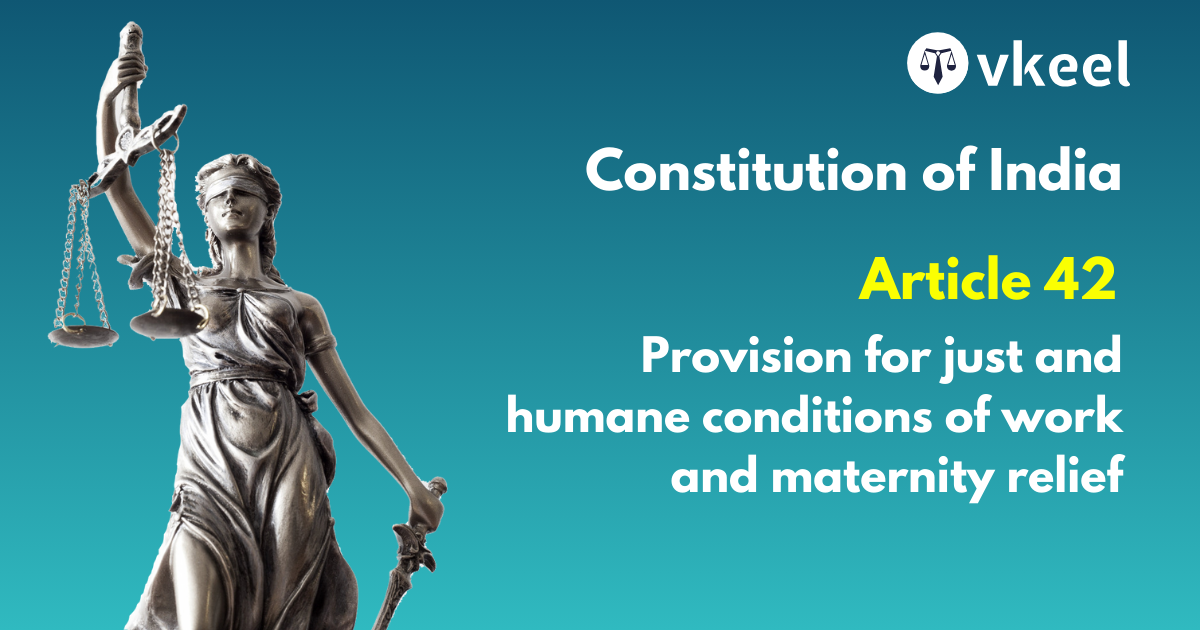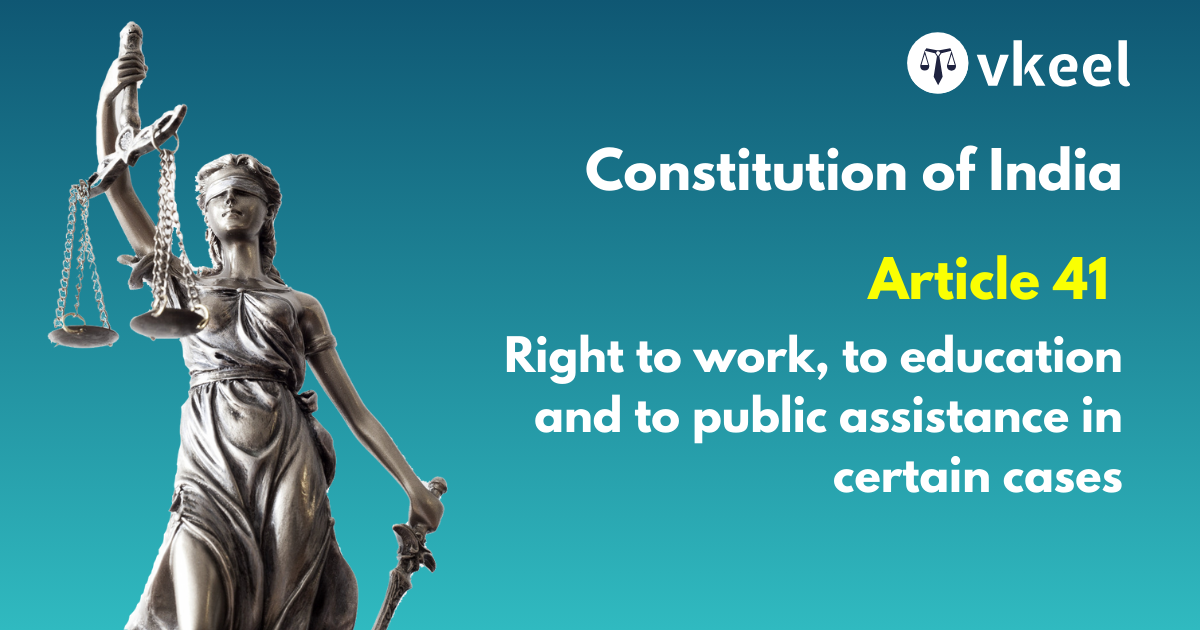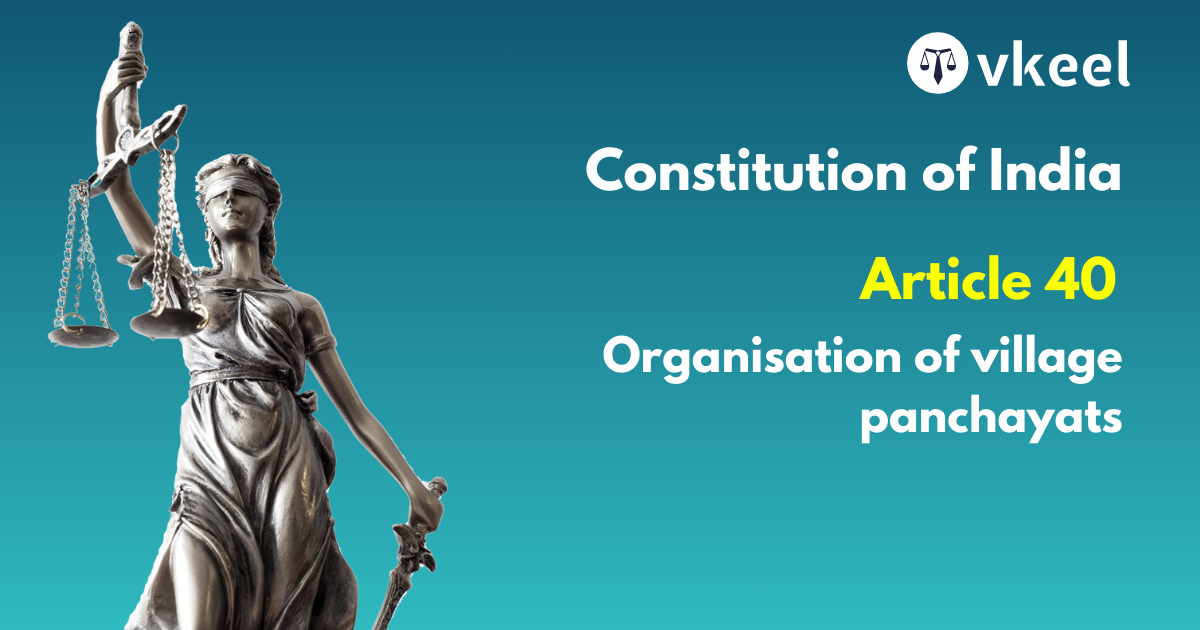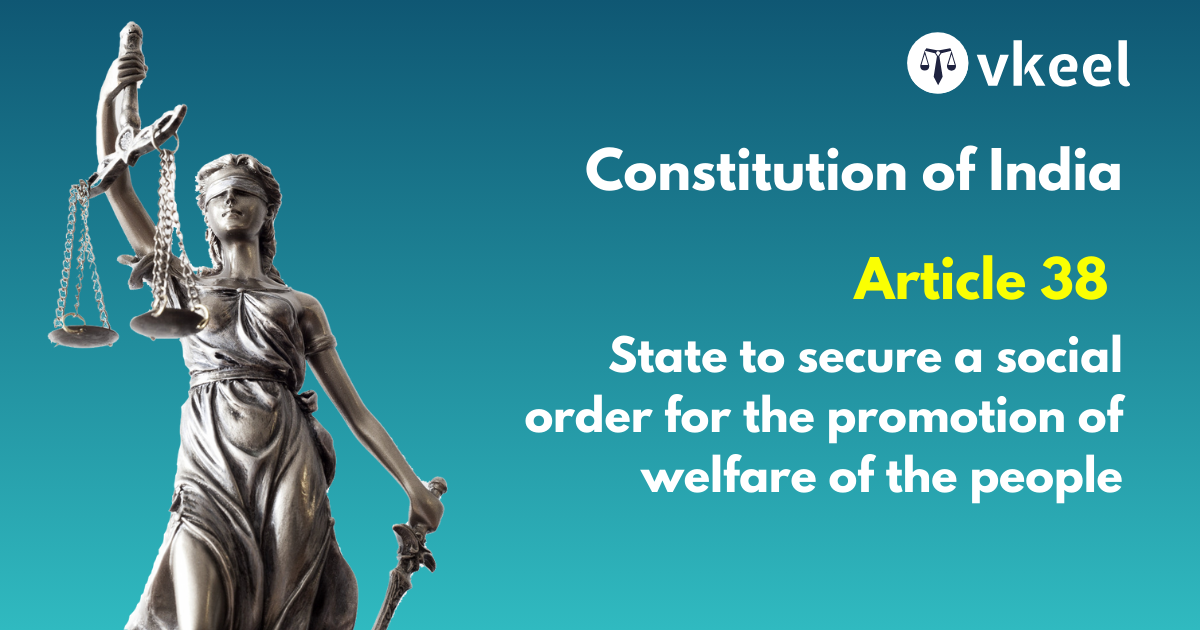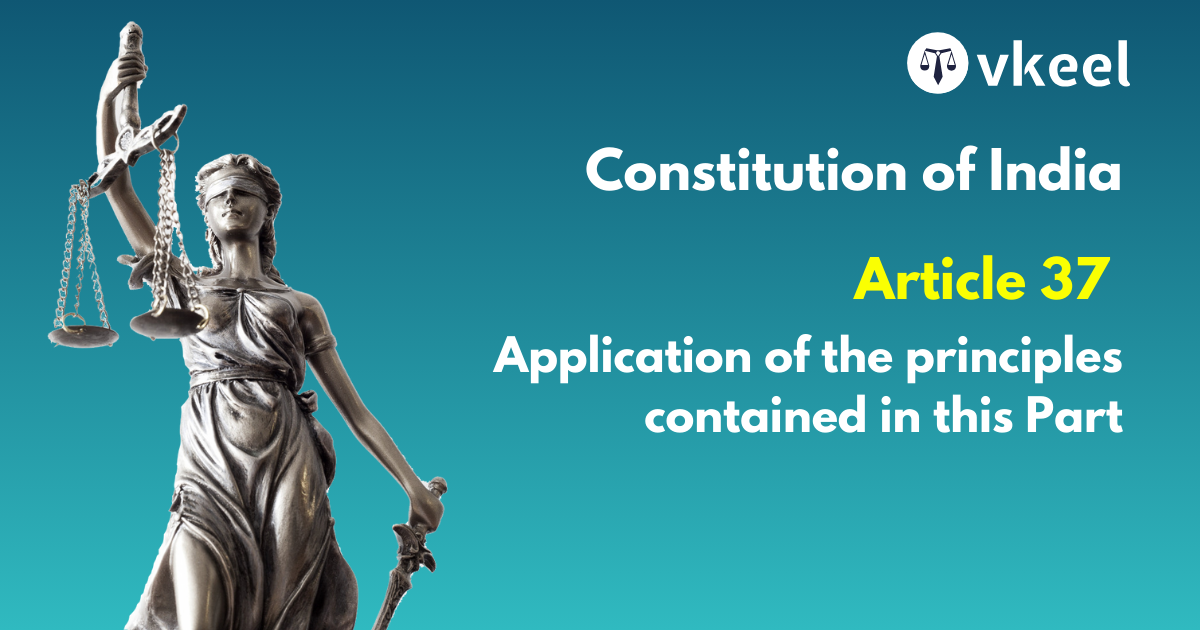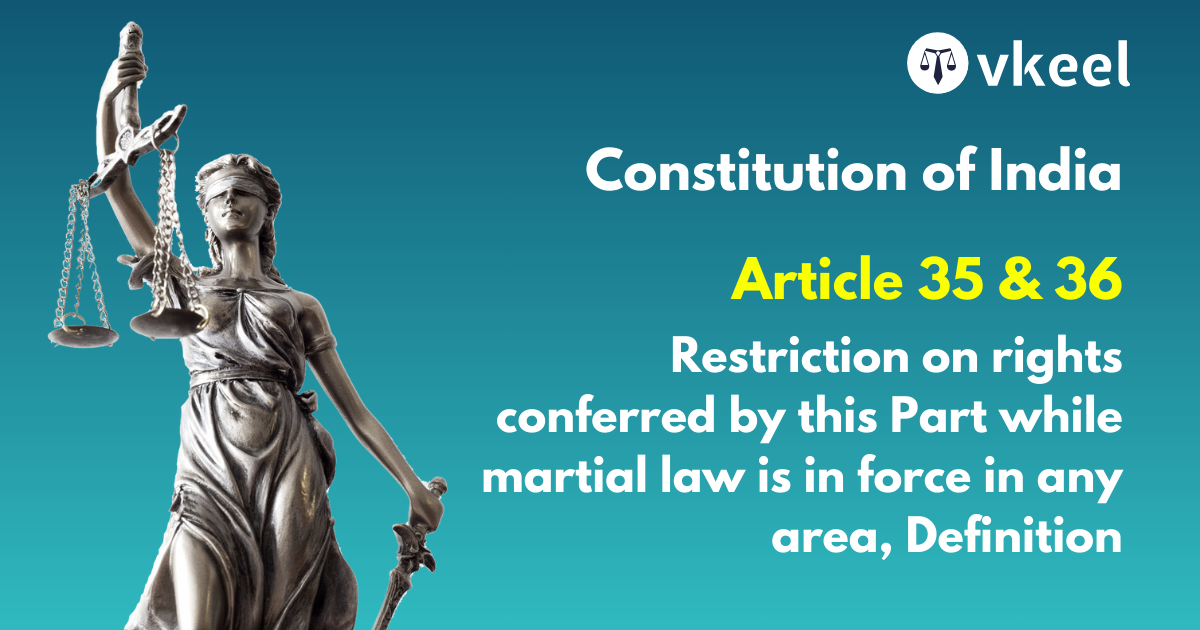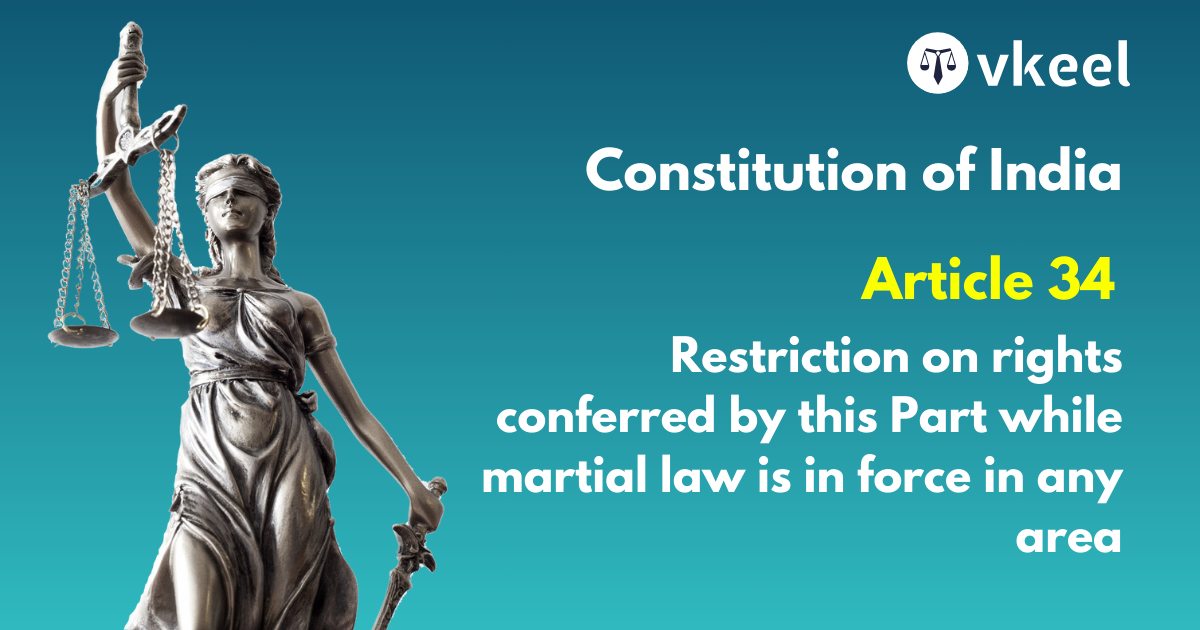Article 22 Protection against arrest and detention in certain cases
By Vanshika Saini
Introduction
There had been a colonial time during the British era, which means the pre independence era. During this colonial rule, it was quite often practice of the authorities to detain many people without the trial taking place.
The clauses 1 and 2 of the Constitution of India specifies about the grounds of arrest and, procurement of legal aid whereas in furtherance to the aforesaid, the sub clauses from 3 to 7 entail about the nature of provisos and exception clauses.
Article 22 of the Indian Constitution
Protection against arrest and detention in certain cases.—
(1) No person who is arrested shall be detained in custody without being informed, as soon as may be, of the grounds for such arrest nor shall he be denied the right to consult, and to be defended by, a legal practitioner of his choice.
(2) Every person who is arrested and detained in custody shall be produced before the nearest magistrate within a period of twenty-four hours of such arrest excluding the time necessary for the journey from the place of arrest to the court of the magistrate and no such person shall be detained in custody beyond the said period without the authority of a magistrate.
(3) Nothing in clauses (1) and (2) shall apply—
(a) to any person who for the time being is an enemy alien; or
(b) to any person who is arrested or detained under any law providing for preventive detention.
(4) No law providing for preventive detention shall authorise the detention of a person for a longer period than three months unless—
(a) an Advisory Board consisting of persons who are, or have been, or are qualified to be appointed as, Judges of a High Court has reported before the expiration of the said period of three months that there is in its opinion sufficient cause for such detention:
Provided that nothing in this sub-clause shall authorise the detention of any person beyond the maximum period prescribed by any law made by Parliament under sub-clause (b) of clause (7); or (b) such person is detained in accordance with the provisions of any law made by Parliament under sub-clauses (a) and (b) of clause (7).
(5) When any person is detained in pursuance of an order made under any law providing for preventive detention, the authority making the order shall, as soon as may be, communicate to such person the grounds on which the order has been made and shall afford him the earliest opportunity of making a representation against the order.
(6) Nothing in clause (5) shall require the authority making any such order as is referred to in that clause to disclose facts which such authority considers to be against the public interest to disclose.
(7) Parliament may by law prescribe—
(a) the circumstances under which, and the class or classes of cases in which, a person may be detained for a period longer than three months under any law providing for preventive detention without obtaining the opinion of an Advisory Board in accordance with the provisions of sub-clause (a) of clause (4);
(b) the maximum period for which any person may in any class or classes of cases be detained under any law providing for preventive detention; and
(c) the procedure to be followed by an Advisory Board in an inquiry under sub-clause (a) of clause (4).
Landmark Judgements
Bhut Nath Mete Vs State of West Bengal, 1974
The opinion of the Advisory Board as well as the order of the Government rejecting the representation of the detenu must be after proper consideration. There need not be a speaking order. There is also no failure of justice by the order not being a speaking order. All that is necessary is that there should be real and proper consideration by the Government and the Advisory Board. It must be self-evident from the order that the substance of the charge and the essential answers in the representation have been impartially considered. It would be eminently desirable if the order disclosed that the substance of the charge and the essential answers in the representation had been impartially considered. We are not persuaded that a speaking order should be passed by the Government or by the Advisory Board while approving or advising continuance of detention
State of Bombay Vs Atma Ram Sridhar Vaidya, 1951
Clause 22(5) lays down that the grounds should be supplied “as soon as may be”. This allows the authorities reasonable time to formulate the grounds on the materials in their possession. The time element is necessarily left indeterminate because activities of individuals tending to bring about a certain result may be spread over a long or a short period, or a larger or a smaller area, or may be in connection with a few or numerous individuals. The time required to formulate the proper grounds of detention, on information received, is bound to vary in individual cases.
Sophia Gulam Mohd. Bham Vs State of Maharashtra
The use of the words “as soon as may be” indicates a positive action on the part of the detaining authority in supplying the grounds of detention. There should not be any delay in supplying the grounds on which the order of detention was based to the detenu. The use of the words “earliest opportunity” also carry the same philosophy that there should not be any delay in affording an adequate.
Conclusion
To conclude to the aforesaid provision of the Constitution of India, the provision truly reflects the intent of the legislature to prevent the unlawful detention of the citizens without any ground. Thereafter, the provision thereby safeguards the fundamental rights of the citizens in the country.
Disclaimer:
The information provided in the article is for general informational purposes only, and is not intended to constitute legal advice or to be relied upon as a substitute for legal advice. Furthermore, any information contained in the article is not guaranteed to be current, complete or accurate. If you require legal advice or representation, you should contact an attorney or law firm directly. We are not responsible for any damages resulting from any reliance on the content of this website.

